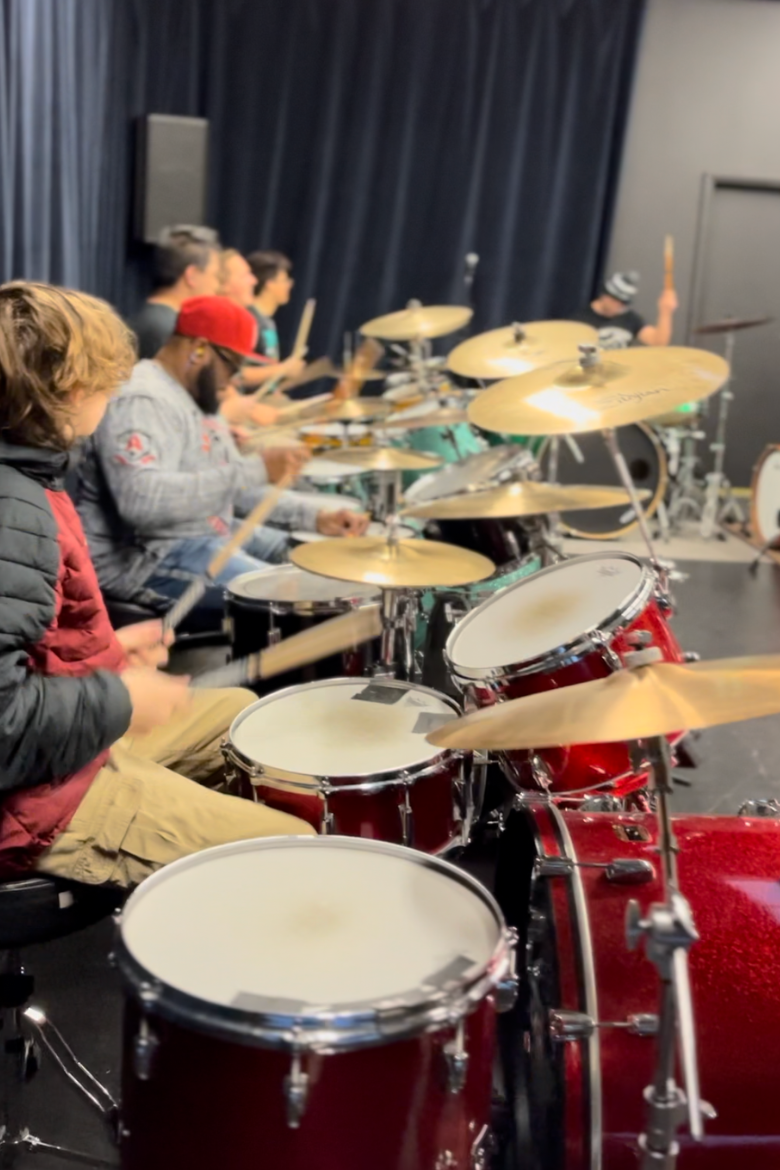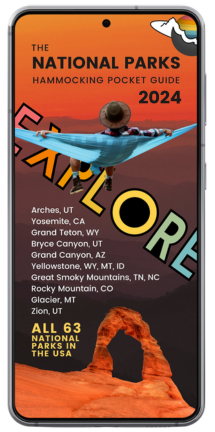Partners

Noeline Cassettari
View Details
ABI OLUFEKO
View Details
Manami Watanabe
View Details
Andre Hoggan
View Details
Neil Amonson
View DetailsExperiences
Pole Dance Class With A Metaphysical Twist
Enjoy the freedom to explore your own capacity and...
Sat, Apr 27 · 9:00 AM see more
STARTING AT $40
Mindful Movement
This community is a space to reconnect with your m...
Thu, Apr 25 · 9:00 PM see more
STARTING AT $40
Sourdough Workshop by Mooon Bread
Unlock the secrets of sourdough bread in this hand...
Sat, Apr 27 · 11:00 AM see more
STARTING AT $128
Drum Class
11 drum kits in one room, some loud speakers, and...
Fri, Apr 26 · 5:00 PM see more
STARTING AT $800
Events
365 Open Mic Poetry
Explore a galore of performance art carefully craf...
Sat, Jun 29 · 10:00 PM see more
STARTING AT $20
SpeakUp - The Studio
Who's up for the most powerful speaker training in...
Tue, Apr 30 · 9:00 PM see more
STARTING AT $25
Drum Shed
Imagine 11 drum kits for people to play on and con...
Sat, May 4 · 5:00 PM see more
STARTING AT $0
UTAH ROCKS!
Rock-n-Roll meets dazzling Crystals, Gems, and Geo...
Thu, May 2 · 1:00 PM see more
STARTING AT $6
Products
I Want to Paint Your Dog (or Cat)
Celebrate your beloved dog (cat, parrot) with a unique and humorous painting that captures that spec...



.jpg)










-United States of America (the)-exploringnotboring_70.png)






-exploringnotboring_92.png)
-exploringnotboring_30.png)








